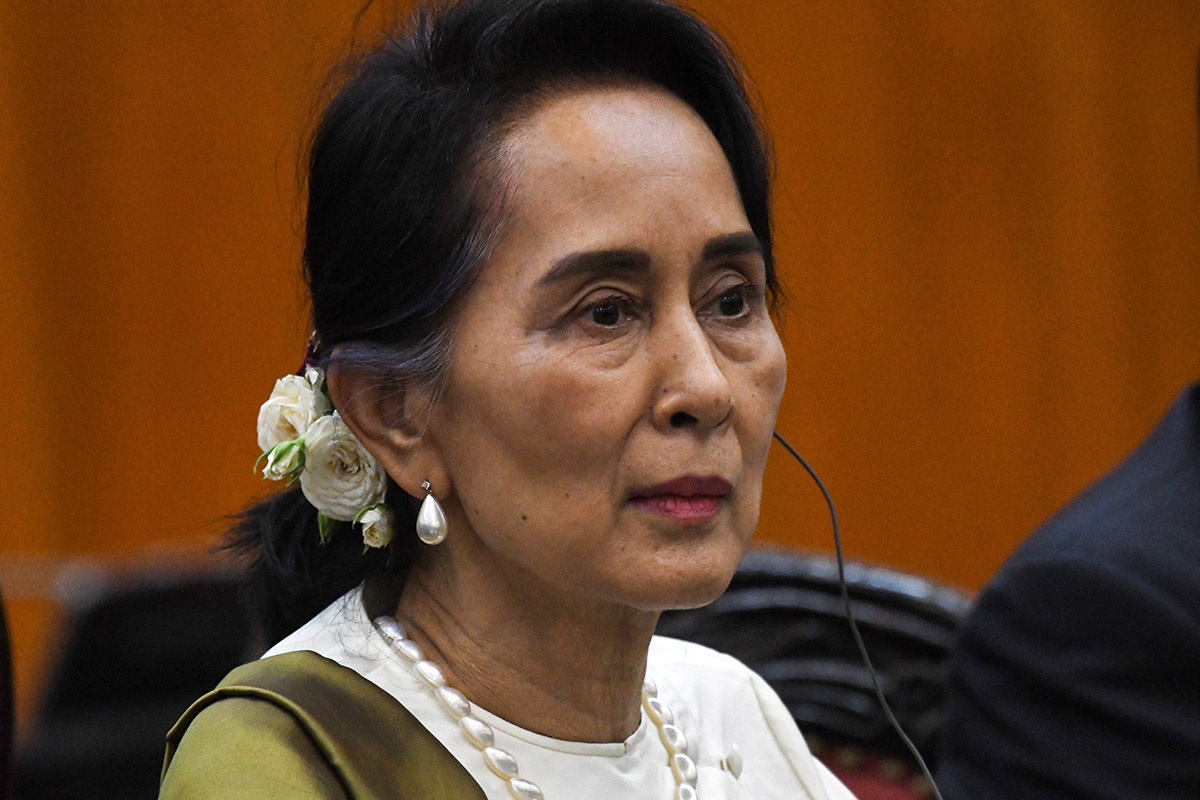Myanmar State Counsellor and de facto leader, Aung San Suu Kyi will be skipping the 32nd edition of the Association of Southeast Asian Nations (ASEAN) Summit taking place in Singapore this week. This will be her first time missing the summit after coming into power in 2016.
According to government spokesperson, Zaw Htay, newly sworn President Win Myint will be taking Suu Kyi’s place. He did not specify the exact reason for her absence at the summit.
Union Government Office Minister, Thaung Tun said last week that Suu Kyi has plenty of issues on her plate to handle, hence she cannot be away from the country for long.
Since August last year, Suu Kyi has been under intense international scrutiny for her government’s handling of the Rohingya crisis which the United Nations has called an act of “ethnic cleansing.” Her deafening silence over the atrocities committed by the Myanmar military has seen almost 700,000 refugees flee across the border to Bangladesh since last August.
Last November, both Bangladesh and Myanmar reached a deal to begin repatriation of the refugees but as of mid-March this year, only 374 Rohingya Muslim refugees have been verified – out of 8,032 that applied – for possible repatriation. Many Rohingya refugees are reluctant to return to the Buddhist majority state for fear of persecution as they are not constitutionally recognised as an ethnicity by the government there.
During a three-day special summit between ASEAN and Australia held in Sydney last month, Suu Kyi was pressed hard on the issue. Speaking to the press at the summit, Australian Prime Minister, Malcolm Turnbull, said that Suu Kyi addressed the matter “comprehensively, at some considerable length” behind closed doors. The State Counsellor was scheduled to give a speech where she was expected to be facing questions from the audience but cancelled a few days prior because of health reasons.
Suu Kyi has faced some backlash by ASEAN members over her handling of the refugee crisis especially from the Muslim majority states of Indonesia and Malaysia. Nevertheless, Singapore’s prime minister and ASEAN chairperson for 2018, Lee Hsein Loong reiterated that the matter remained an internal conflict for the nation. Although it has regional implications, ASEAN is unable to “force an outcome.”
